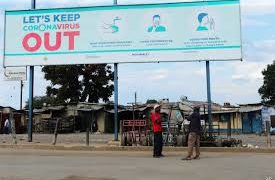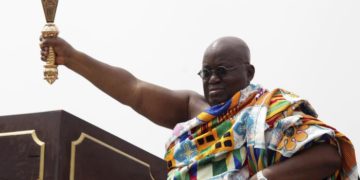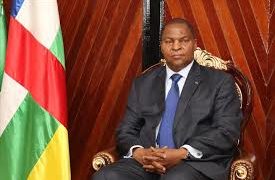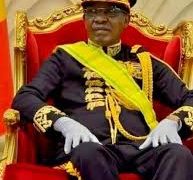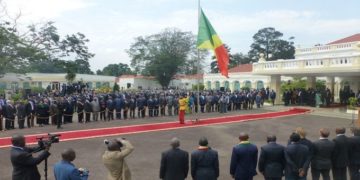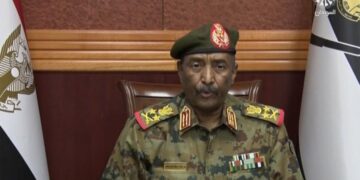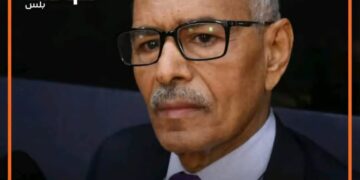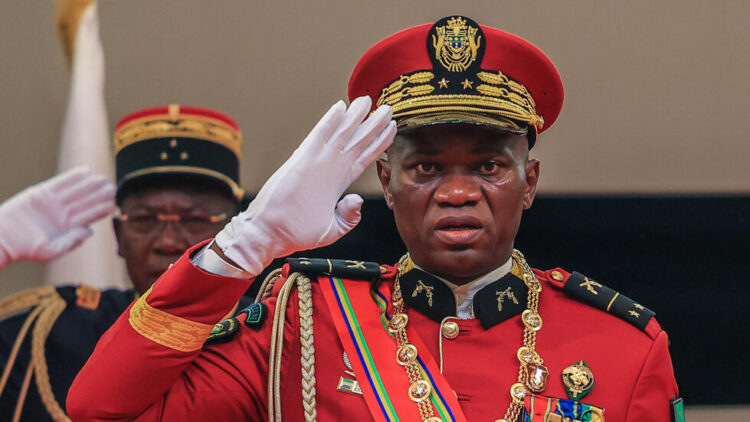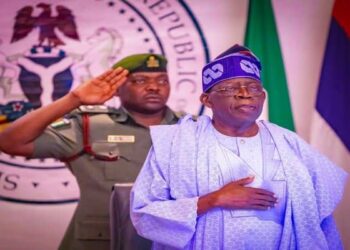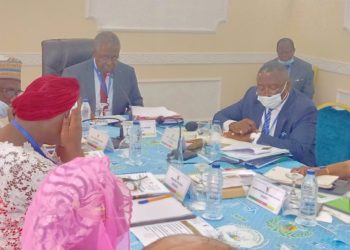Expected in France from May 28 to June 2, the President of the Gabonese Transition, General Brice Oligui Nguema, plans to meet face-to-face this week with his French counterpart Emmanuel Macron.
He is expected to discuss: the continuation of bilateral relations, the transition underway in Libreville, but also other subjects of common interest such as the climate transition. During his stay, the Gabonese Head of State will also participate this Wednesday in a France-Gabon economic forum co-organized with French employers.
The Gabonese government as political analysts put it, is seeking political support, but most especially to reassure its economic partners in a context where anti-French feelings are exacerbated in Africa, particularly in countries where the army has taken power. The message from Libreville is simple: Gabon is neither Niger, nor Mali, nor Burkina Faso. French companies remain welcome, even if at the Palais du bord de mer, they aspire relationships that benefit the country’s companies. To move in this direction, the government is preparing a law on subcontracting. Currently, foreign investors have no obligation in this area.
At the end of 2023, the transitional president had already sent favorable signals to foreign investors, by removing the opportunity and conformity visas put in place by the old regime for all markets involving the State. According to the transitional authorities, the issuance of this approval was a pretext for paying retro commissions.
Priority to infrastructure
The economic forum scheduled for this Wednesday will be an opportunity to present the opportunities contained in the national transition plan, which serves as a compass for the government for the next three years. Infrastructure construction, new technologies and the energy sector are among the priorities. The Gabonese delegation led by General Oligui Nguema, Mays Mouissi, his Minister of Economy, as well as, banker Henri-Claude Oyima, will be mobilized to convince the participants. Some agreements currently kept confidential will certainly be announced during the occasion.
Handicapped by strong budgetary constraints, the country, which devotes around 30% of its revenue to servicing the debt, will rely above all on public-private partnerships so as not to increase its burden. Especially since the State still intends to take control of the oil tanker Assala, the sale of which it blocked to Maurel and Prom last November. A deal worth more than a billion dollars.


